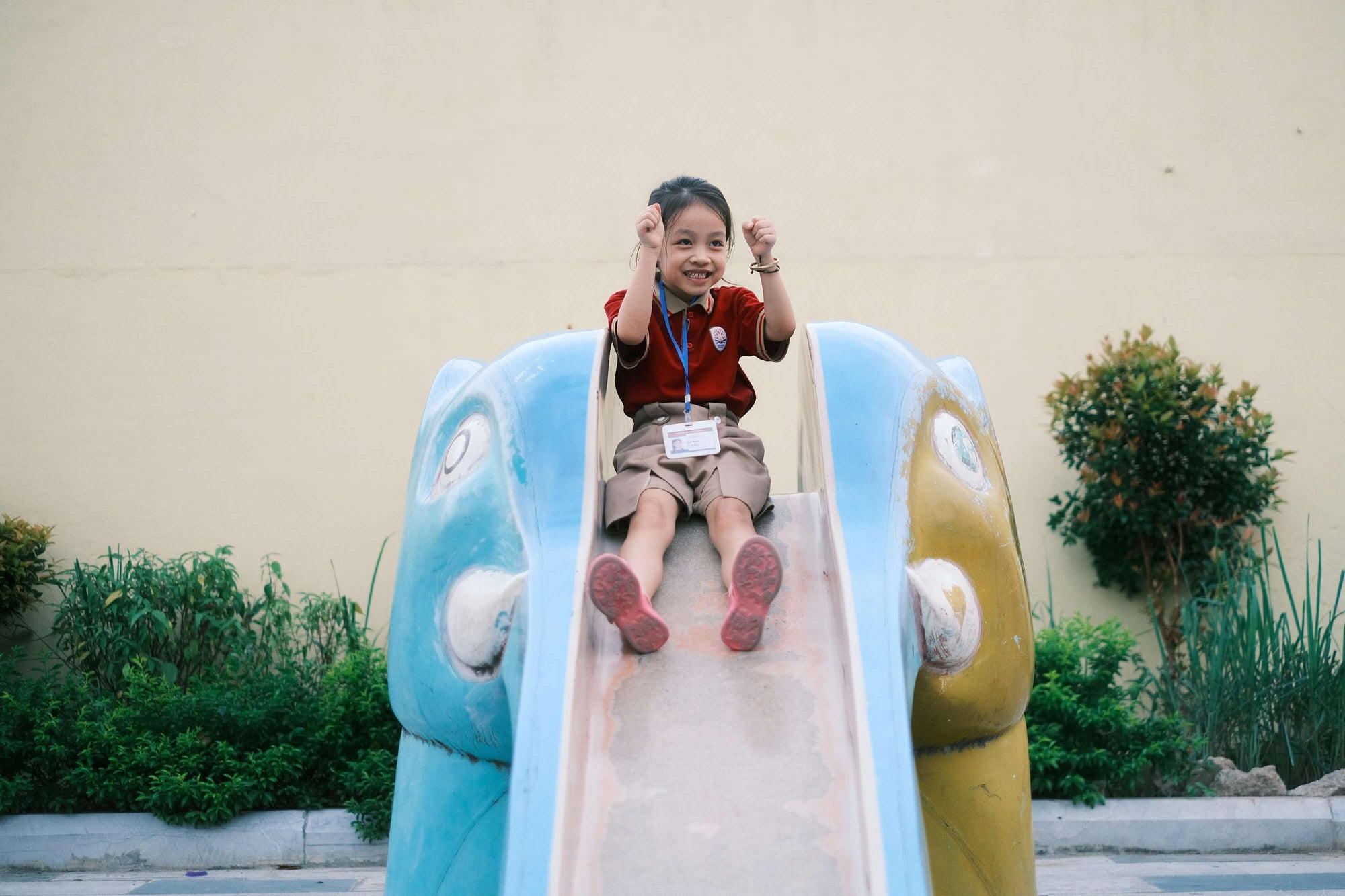

· By Jennifer McGee
The Benefits of Inclusive Playgrounds: Where Every Kid Belongs
Playgrounds are more than just places to have fun—they’re where children learn, socialize, and build confidence. However, not all playgrounds are created with every child in mind. Inclusive playgrounds are designed to provide a space where children of all abilities can play together, enjoy new experiences, and develop essential social skills.
Here’s why inclusive playgrounds are essential for children and communities, fostering a more accepting and empathetic world for everyone.
What Makes a Playground Inclusive?
Inclusive playgrounds feature design elements that allow all children, regardless of ability, to participate fully and enjoy the experience. They typically include:
- Accessible Play Equipment: Ramps, transfer stations, and wheelchair-accessible structures allow children with mobility challenges to engage in active play.
- Sensory-Friendly Areas: Tactile panels, sound elements, and quiet zones support children with sensory needs, making the playground enjoyable and accommodating for diverse abilities.
- Group Play Zones: Play structures designed for group activities encourage children to work together, fostering social skills and teamwork.
These thoughtful designs create a play environment that everyone can safely and confidently enjoy.
Benefits of Inclusive Playgrounds
-
Promotes Social Skills and Empathy
Inclusive playgrounds encourage children of all abilities to play and interact, helping them develop empathy, patience, and understanding for others. They also teach kids that everyone has unique needs and abilities—valuable lessons for life. -
Supports Physical and Cognitive Development
Activities like climbing, balancing, and swinging help build motor skills, coordination, and spatial awareness, benefiting children of all abilities through purposeful and inclusive play. -
Boosts Confidence and Independence
Participating fully in play activities gives children with disabilities a sense of belonging and pride, empowering them to explore and gain independence. They learn that their abilities are celebrated and valued. -
Creates a Sense of Community
Inclusive playgrounds unite families and encourage friendships. Parents of disabled children connect with other families, forming a community of support and shared experiences.
Supporting Inclusive Play Beyond the Playground
Communities can take small but impactful steps to promote inclusive play. One way is by sharing inclusive toys that promote acceptance and understanding, like our Izzy Plush Doll, designed to celebrate diversity and inclusion. These types of thoughtful additions can help children carry the lessons of acceptance beyond the playground and into their everyday lives.
Inclusive playgrounds are more than just spaces for play—they’re essential environments for teaching acceptance, respect, and community. By creating more accessible play areas, we’re building a future where every child can learn, play, and feel they belong.
